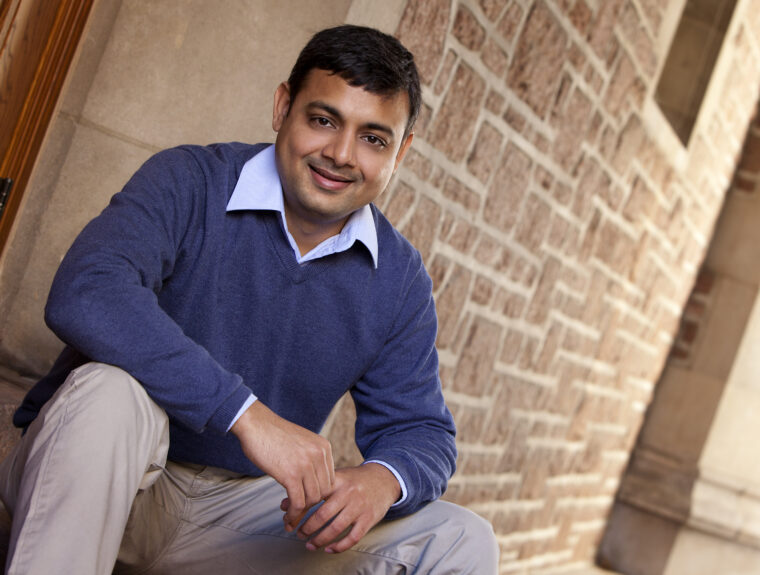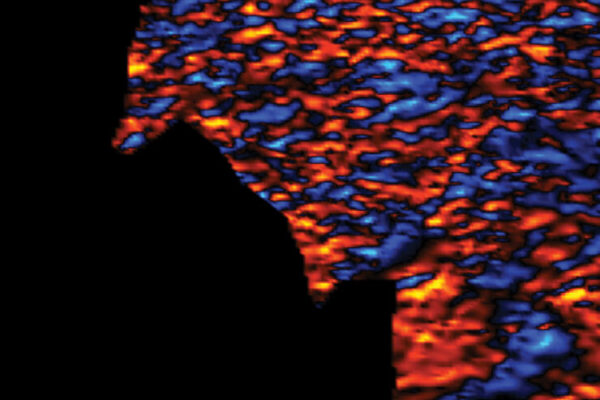As researchers have explored the cellular-level workings of cancer, they’ve discovered that certain factors contribute to the disease’s formation and spread in the body. For example, it’s widely accepted that a stiff extracellular matrix, externally applied forces and geometric confinement can transform normal epithelial cells into cancer cells.

The cellular mechanobiology laboratory led by Amit Pathak, associate professor of mechanical engineering and materials science at Washington University in St. Louis’ McKelvey School of Engineering, recently discovered that these mechanical and spatial cues also can alter clustered bodies known as nucleoli, which reside inside the cell nucleus and regulate protein synthesis. Results of the research were published Sept. 7 in a special issue of the journal Molecular Biology of the Cell focused on forces on and within cells.
“There’s a whole field of mechanobiology that focuses on genes and protein expression from mechanical cues … with a focus on cell migration, general cell behavior, the nucleus and gene expression,” Pathak said. “What’s new with our work is the effects on nucleoli, the biggest protein condensates in the nucleus.”
Read more on the engineering website.


